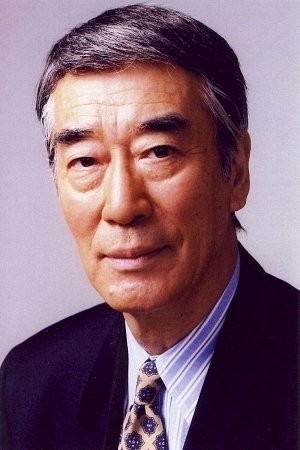

Two coworkers from a camping gear company find connection and tranquility as they explore peaceful, hidden landscapes on weekend adventures.
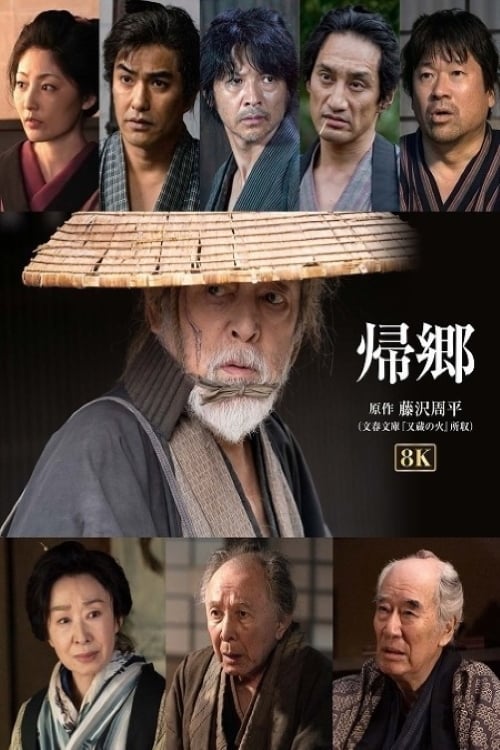
Tatsuya Nakadai, the world’s greatest living actor, returns to the screen in a brilliant adaptation of a story by novelist Shuhei Fujisawa. A traveling gambler known as “Funeral Uno” he is now 86 years old and returning to his hometown for the first time in 30 years. Partly told in flashbacks, he is forced to face his lifelong nemesis, Boss Kyuzo, a vile yakuza portrayed by another superstar of samurai cinema, Atsuo Nakamura! Before the two old gamblers can settle a 30-year-old score they must put their lives on the line in a game of dice that can only lead to a bloody sword duel the likes of which has never before been seen! Superb performances all around in a film loaded with surprises and exciting swordplay!

Chiyoko's mother died when she was young. Since that time, Chiyoko has closed her heart to others. After her pet dies, Chiyoko feels loneliness. Her mother liked the Italian movie "La Strada." Due to movie study club senior, Masamune, Chiyoko is able to watch the Italian movie "La Strada," which her mother liked. Chiyoko soon acts in a movie directed by Masamune.
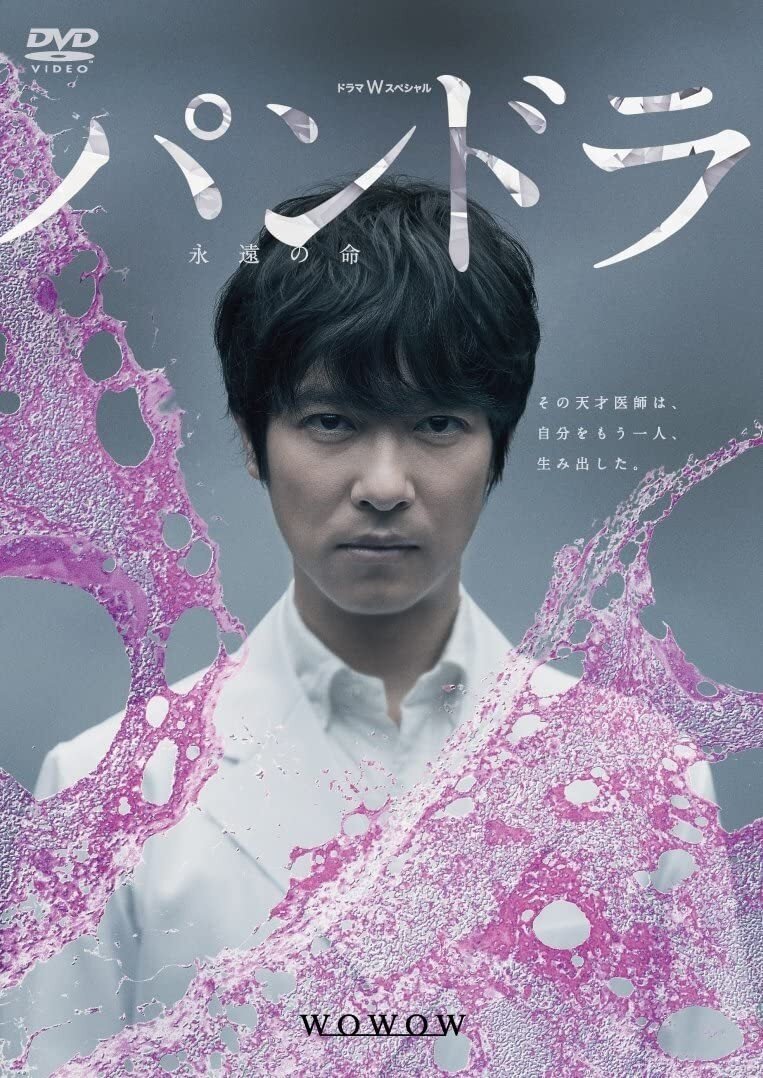
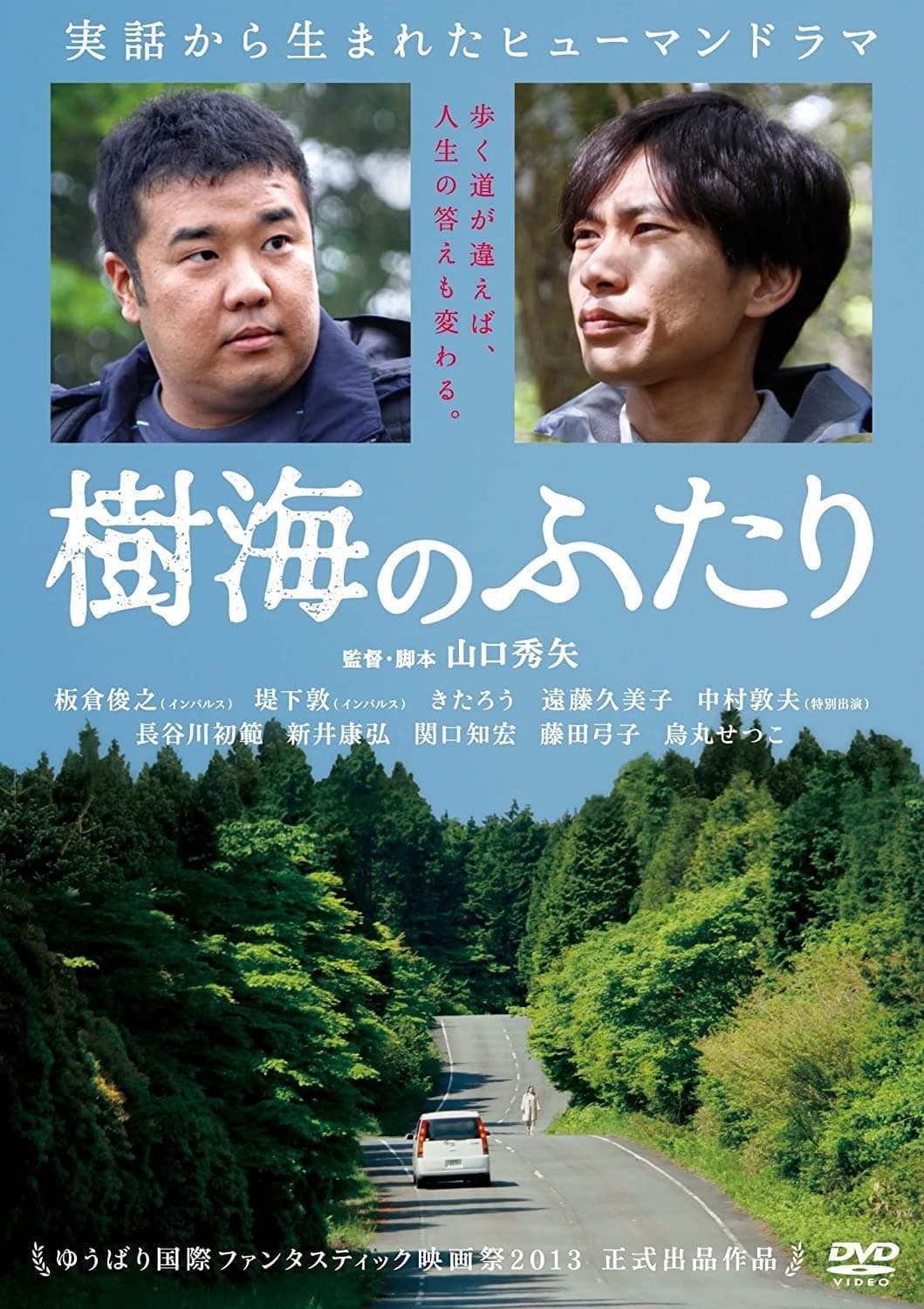
Two TV directors want to film people visiting a suicide forest.
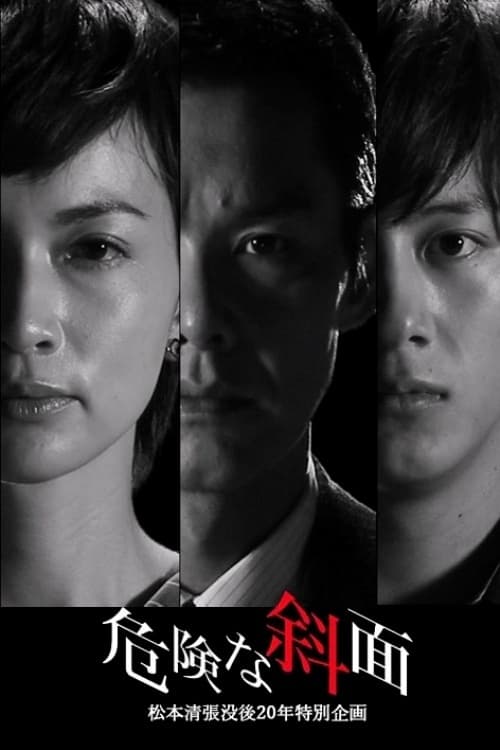
At a companywide meeting, Bunsaku Akiba sees Toshie, an old girlfriend who is now the secretary and lover of Nishijima, the chairman who has control over the entire group. Although Akiba is married, the love affair between him and Toshie flares up again. Akiba uses Toshie to approach the chairman, but as Toshie gets more possessive of him, Akiba starts to have murderous thoughts.
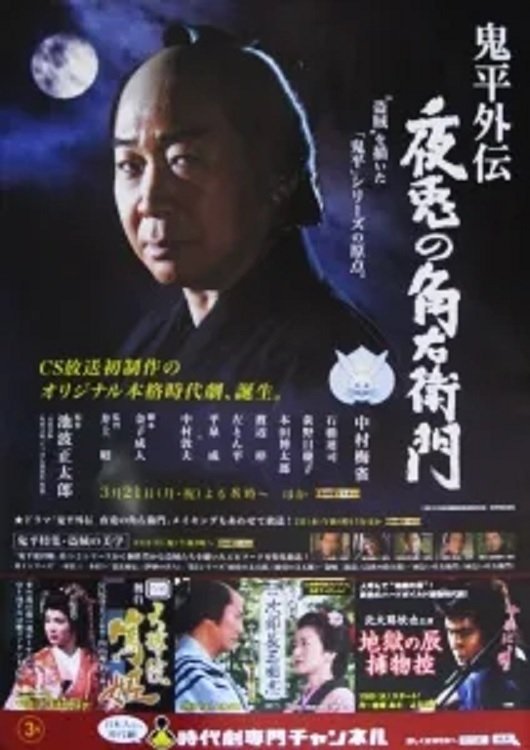
Bandit leader "Night Rabbit" Kakuemon has always kept the rule to "never kill, never rape, never steal from the poor", passed down to him by the gang's previous leader. He has never been arrested, and for that, he always thought he would have a peaceful death. But one day, after talking to a young one-armed homeless girl, he decides to break up his gang and turn himself in.
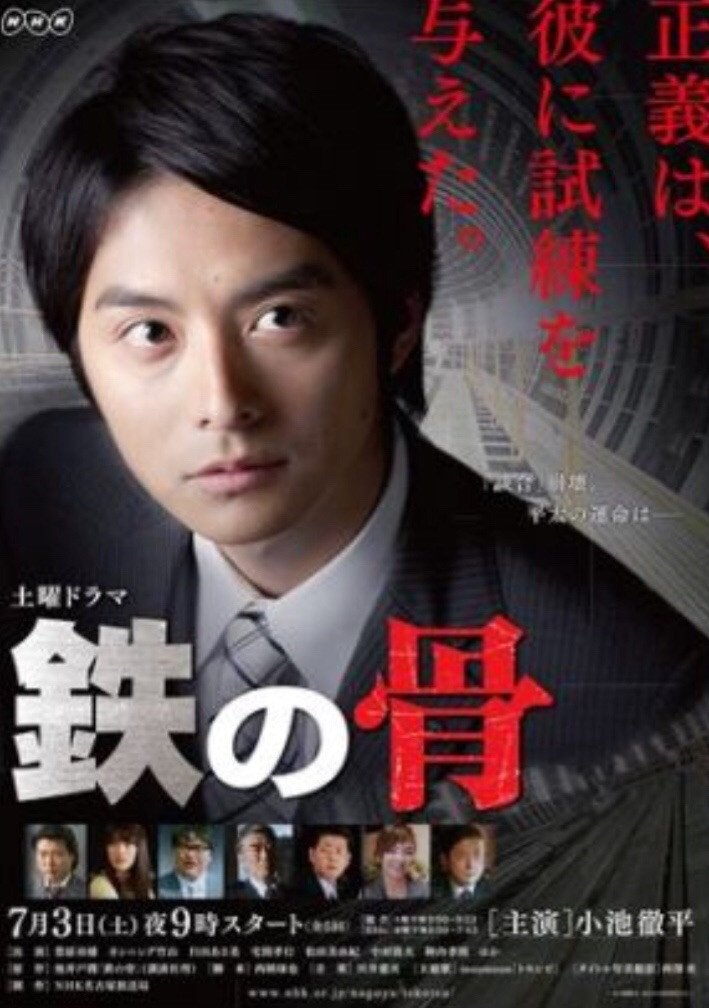
Sharply revealing the issue of Japanese construction industry where bid-rigging was a common practice among the giants. After working diligently for three years at a construction site, Heita unwillingly transfers to a sales department where he becomes a part of the illegal collusion -- to limit open competition and obtain high-price public works within the colluding parties. He is torn from conducting unlawful action to save his company, yet deep inside wishing to abide by the law to follow his justice. What will his answer be?
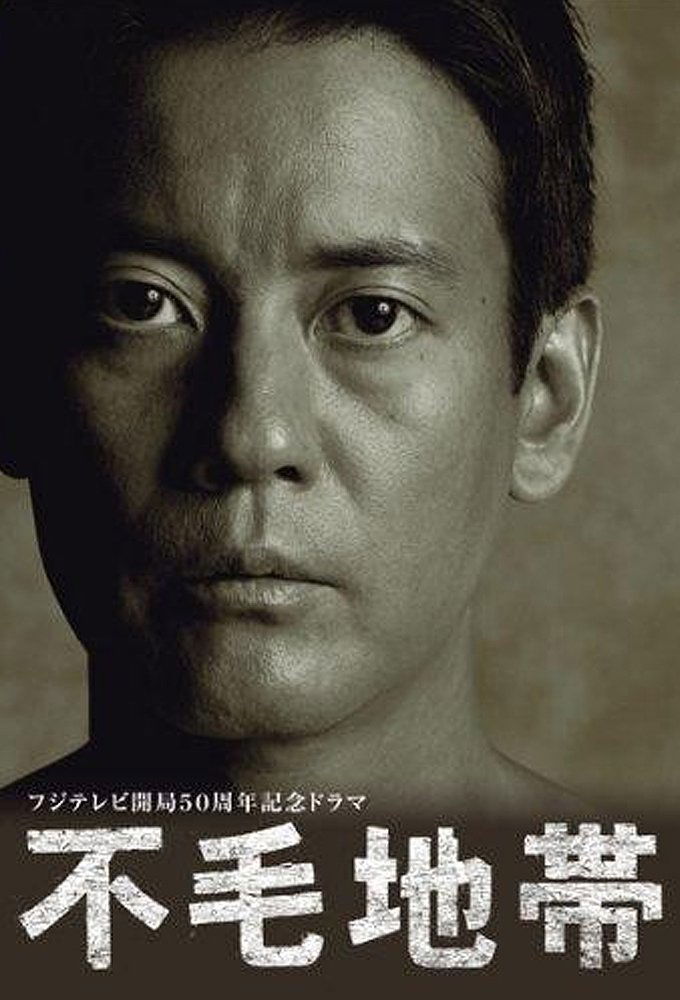
Iki Tadashi is a military leader named who was captured by the Soviets during World War II. Treated as a war criminal, he was sentenced to many years of labor in a harsh Siberian detention camp. After 11 years of imprisonment, he is released. He returns to Japan and begins readjusting to life as a civilian, rejecting an offer from his former colleague to work on a defense project. Tadashi has decided to never involve himself in war again, much to the joy of his family. Instead, he attempts to set off on a new path working at a major trading company. --Tokyograph
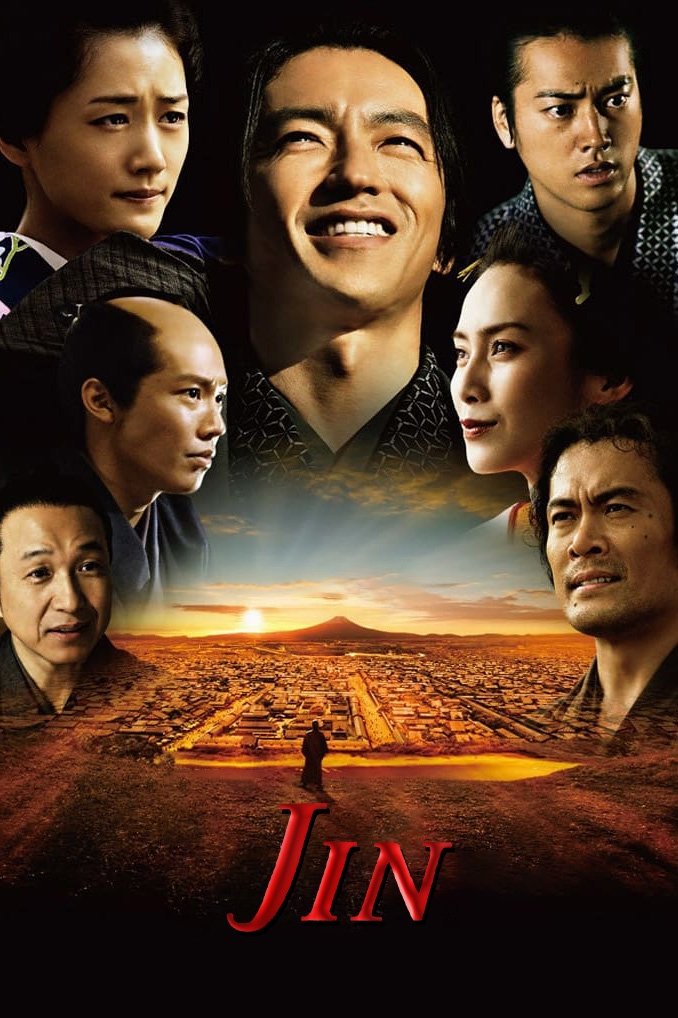
After awakening in the Edo era, a neurosurgeon uses his medical knowledge to help those around him while searching for a way back to the present day.
Atsuo Nakamura (中村 敦夫, Nakamura Atsuo, born 18 February 1940) is a Japanese actor and politician. He has appeared in more than 50 films since 1964. His younger brother Katsuyuki Nakamura is a writer. From Wikipedia.
By browsing this website, you accept our cookies policy.